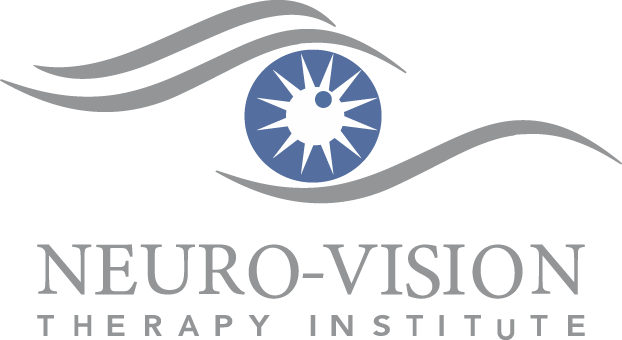What are eye focusing problems and accommodative disorders?
Eye focusing problems or disorders occur when the eyes are unable to clear targets quickly and easily or the eyes cannot maintain clarity during extended near work. The tests required to diagnose eye focusing and accommodative disorders are very rarely included in traditional vision screenings.
What are symptoms of eye focusing problems and accommodative disorders?
The symptoms of an eye focusing or accommodative disorder include:
- Difficulty maintaining clear vision
- Difficulty shifting focus from one distance to another
- Blurred vision at distance or near or both
- Poor posture and viewing distance adjustments
- Inconsistent work performance
- Reduced efficiency and productivity
- Visual discomfort and eye strain
- Headaches
- Avoidance of reading and near work
- Difficulty with visual concentration and attention
- Fatigue
- Moving print
- Poor reading performance
- Sudden trouble focusing eyes
If you or a loved one experience any of the above symptoms, a Neuro-Vision Evaluation conducted by a Neuro Optometrist is the only means of getting a clear and accurate diagnosis. If you’re interested in better understanding the seriousness and severity of the symptoms you or a loved one are experiencing, we encourage you to take our Vision Symptom Quiz.
What causes eye focusing problems and accommodative disorders?
Eye focusing disorders can develop at almost any age due to uncorrected lens prescription forcing the eyes to compensate. Additionally, a sudden increase in near work, such as when a child learns to read or when a college student begins studying many hours, can trigger signs of an eye focusing issue.
Brain injuries and concussions frequently cause accommodative disorders due to disruption in the eye focusing pathways of the brain.
How are eye focusing problems and accommodative disorders diagnosed and treated?
In order to fully diagnose an eye focusing disorder, comprehensive testing of the focusing system must take place. Your Neuro-Vision Evaluation will include a series of focusing testings both near and far distances, as well as, examining your focusing stamina by simulating what vision performance is like towards the end of the day. This allows for a complete understanding of how the focusing system works, whether or not it is working properly, and creating the best treatment program.
Vision therapy is the best way for an individual to develop or regain their focusing ability. Glasses for near work may be necessary in addition to vision therapy for more severe cases.
References
Ciuffreda K. The scientific basis for and efficacy of optometric vision therapy in nonstrabismic accommodative and vergence disorders. Optometry. 2002;73(12):735-762.
Conclusion: For nearly 75 years, optometric vision therapy has been an important mode of therapy for both children and adults who manifested a range of accommodative and vergence disorders.The findings clearly support the validity of optometric vision therapy. Furthermore, the results are consistent with the tenets of general motor learning.

